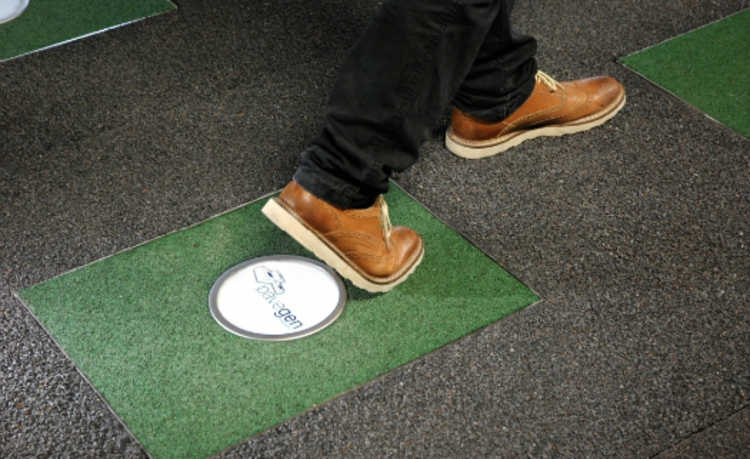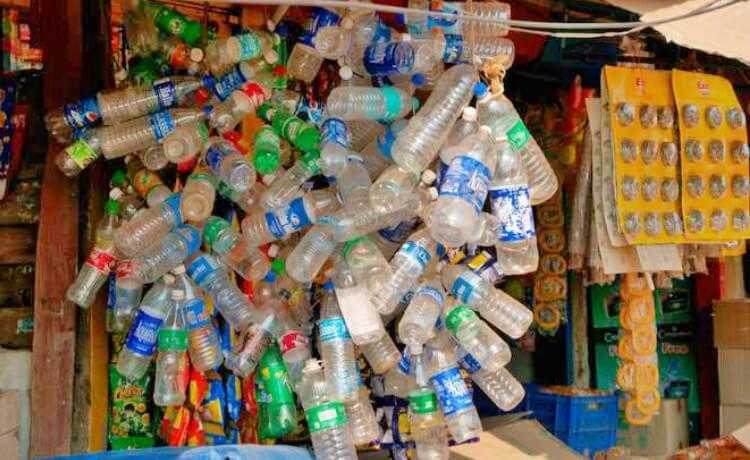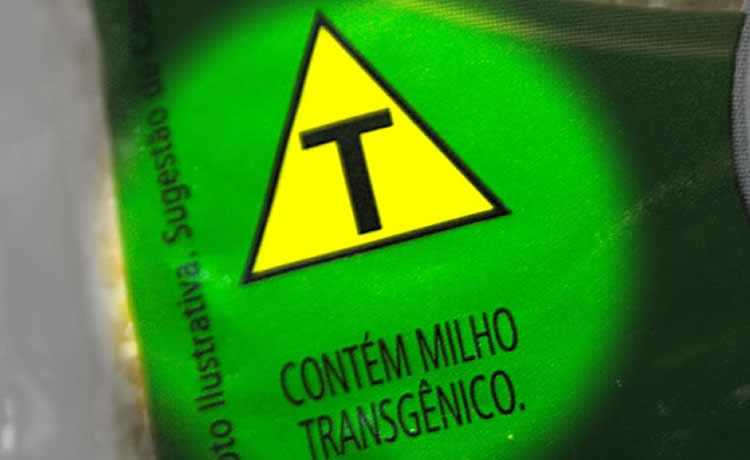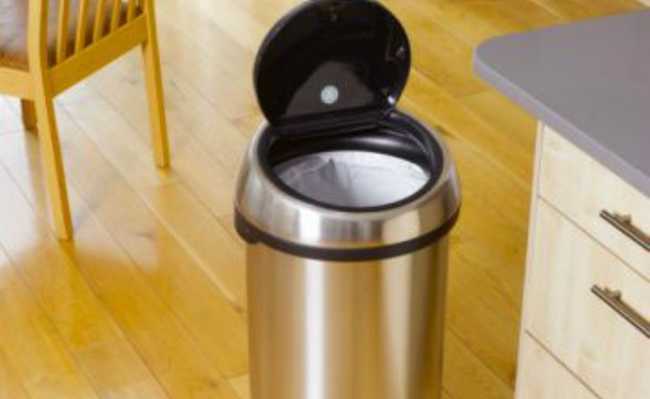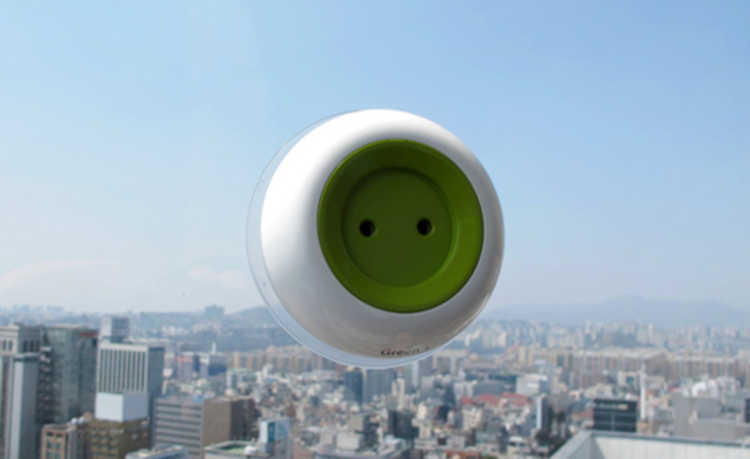Sustainable lifestyle: start now!
Check out 12 habits that you adhere to your day to day to have a more sustainable lifestyle
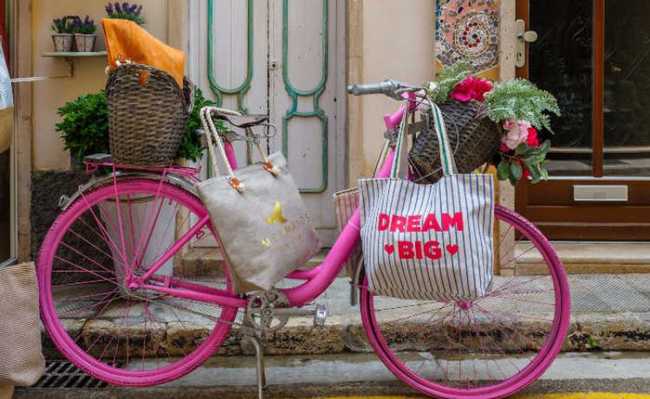
Edited and resized image by Alexander Schimmeck, available on Unsplash
A sustainable lifestyle is not just a choice or a fashion. Adopting new habits to have a sustainable lifestyle is a basic requirement for the development of any society and, besides, it is still good for your health.
So how about checking out some tips on how to make life more sustainable?
1. Plant your food organically!

Edited and resized image by Joshua Lanzarini is available on Unsplash
Do you live in an apartment and have no space? How about cultivating small pots of spices on the balcony or using idle areas in the condominium (or neighborhood) to plant together with the community you are part of? Planting the food itself (even if in small quantities) helps to reduce the consumption of natural resources used in planting and also reduces pollution from transport and the use of pesticides.
Organic urban agriculture is a great idea. Understand why you should grow your own food and how to start this practice in the articles: "Organic urban agriculture: understand why it's a good idea" and "How to make an urban garden".
2. Practice slow fashion
The consumption of clothing and other fabrics has significant impacts on the environment and people's health. To get to know them, take a look at the article: "Environmental impacts of textile and alternative fibers".
To reduce the environmental impacts of using clothes and fabrics, detach from the fast fashion and cling on slow fashion. Understand why in the articles: "What is fast fashion?" and "What is slow fashion and why adopt this fashion?".

Edited and resized image by Lauren Fleischmann is available on Unsplash
To know how to go easy on clothes, take a look at the article: "How to impact less on the environment when buying clothes?".
3. Ride a bike, skate, scooter and public transport

Edited and resized image by Alexander Schimmeck, available on Unsplash
How about abandoning or reducing the use of the car altogether? This way you help reduce pollution in the city, the effects of global warming and the demand for natural resources. To find out how to include the bicycle in your daily life, take a look at the articles:
- Tips to get you started cycling
- [Video] How to ride a bike wearing skirts
- Tips for those who want to start riding a bike to work
- Who rides a bicycle is happier than who rides a car?
- Tips for cycling even in the rain
4. Consume Pancs

fernando zhiminaicela image by Pixabay
Do you know the Pancs? They are unconventional food plants. By consuming pancs, you introduce a greater diversity of foods into your diet and, by consuming pancs that grow spontaneously in the environment, you contribute to reducing the environmental impacts generated by planting. The dandelion, for example, is a pancs, did you know? Learn about its benefits in the matter: "Dandelion: plant is edible and brings health benefits".
5. Practice conscious consumption

Sylvie Tittel image by Unsplash
Reducing consumption is a way of practicing conscious consumption. How about avoiding over-purchasing and avoiding disposal by practicing reuse and recycling? Food products have an unnecessary amount of packaging; therefore, give preference to those that produce less waste. Today, packaging is a major environmental problem, often more resources and energy are spent on packaging production than on the products themselves.
Finding out about the products you buy and prioritizing local and small producer consumption is also a more sustainable way of life. Better understand its importance in the matter: "What is conscious consumption?".
- Who are the locavores?
- Recycling: what is it and why is it important
6. Respect the animals

Edited and resized image by Doruk Yemenici is available on Unskplash
Animals (domestic and wild) are part of the environment as a whole. Respecting them is an essential task for anyone concerned with sustainability. Buying animals (even if legally) is not a sustainable attitude in the long term. Likewise, encouraging other practices that exploit animals such as exhibiting circuses and parks that use animals is unsustainable. An example of exploitative practices harmful to animals is the exposure of elephants. Understand this theme better in the article: "The real inspiration behind the elephant-painter: cruelty". If you want to go further, how about knowing and practicing veganism? Learn more in the article: "Vegan Philosophy: know and clear your doubts". Ah, but have you always wanted a dog or cat? How about adopting and still doing some good?
7. Help the bees
Bees pollinate more than 70% of food consumed by humans and are having their populations reduced (30% each year in the US) due to deforestation and the application of pesticides. Helping these little beings is one of the practices of sustainable living. For this, you can reduce the consumption of food produced with pesticides and, if you want to go further, provide food for bees or even raise them (the ones without sting).

Edited and resized image of Taga is available at ABSFreePics.com
Bees like aromatic plants that flower such as daisies, basil, oregano, sunflower, mint, rosemary, dandelion, thyme, daisies, guava, jabuticaba, avocado, lychee, etc. They also need an essential item: water. But, in the latter case, beware of the dengue mosquito, change the water daily. Also be careful with the application of insecticides (even natural ones) and some species of trees harmful to bees, such as the neem tree, as insecticides and some trees can significantly reduce bee populations.
But if you want to create stingless bees, spread baits, native vegetables and water. You can also contribute to the rescue of endangered bees by registering on the website of the NGO SOS Abelhas Sem Stinger - where there are tips on how to practice meliponiculture (breeding bees with a stinger).
Understand more about the importance of bees in the article: "The importance of bees for life on the planet".
8. Encourage selective collection in your condominium
Selective collection in condominiums can bring benefits to society as a whole, especially in large cities, where estimates show that the amount of waste should increase every year. To understand how to implement recycling in condominiums, check the article: "Selective collection in condominiums: how to implement it".
9. Practice composting
Composting is also on the list of goals for those who have a sustainable life. Composting is the biological process of valuing organic matter, whether urban, domestic, industrial, agricultural or forestry, and can be considered as a type of recycling of organic waste. It is a natural process in which microorganisms, such as fungi and bacteria, together with earthworms, are responsible for the degradation of organic matter, transforming it into humus, a very nutrient-rich and fertile material. To learn more about this topic, take a look at the articles "Humus: what it is and what its functions are for the soil" and "What is composting and how to do it".
10. Use natural cosmetics
Conventional cosmetic products, in addition to containing many packages, can be harmful to your health and the environment. You can understand this theme better in the articles: "Perfumes "hidden" in cosmetics are potentially dangerous to health" and "Substances to avoid in cosmetics and hygiene products".
To replace conventional cosmetics you can start with coconut oil and essential oils. Get to know them more in the articles:- Coconut oil is good for your hair. Understand and learn how to use
- Coconut oil is good for the skin. Understand and learn how to use
- What are essential oils?
11. Reuse and recycle
Thinking of discarding something? How about reusing or recycling? If you can't recycle at home, find recycling stations near you.
- 26 things you can reuse at home
- Recycling: what is it and why is it important
12. Dispose correctly
Many people do not know how much garbage they send to the landfill. With that in mind, always reduce your consumption of disposables! But when it is not possible to reduce consumption and you need to discard something, practice the correct disposal.
Check which collection points are closest to your home.




